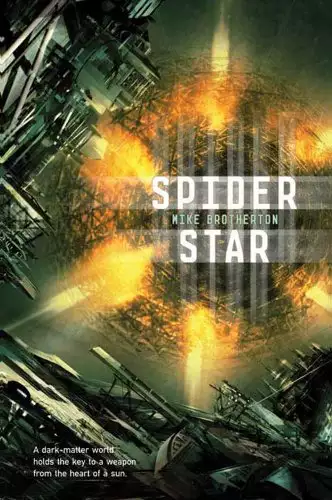Spider Star
We hope you are enjoying the book so far. To continue reading...
Spider Star
Mike Brotherton
Copyright © 2026 All Rights Reserved
Close
